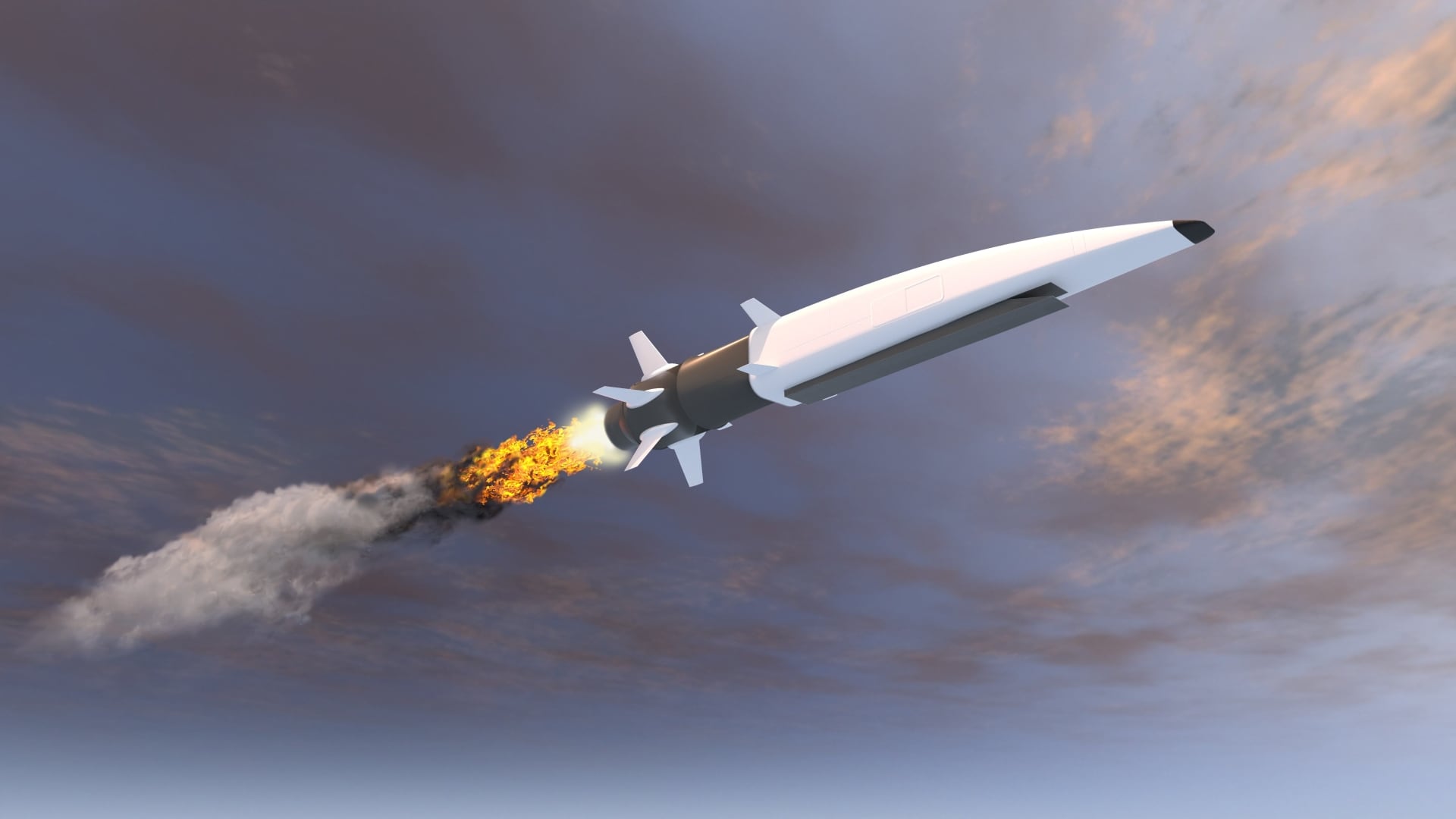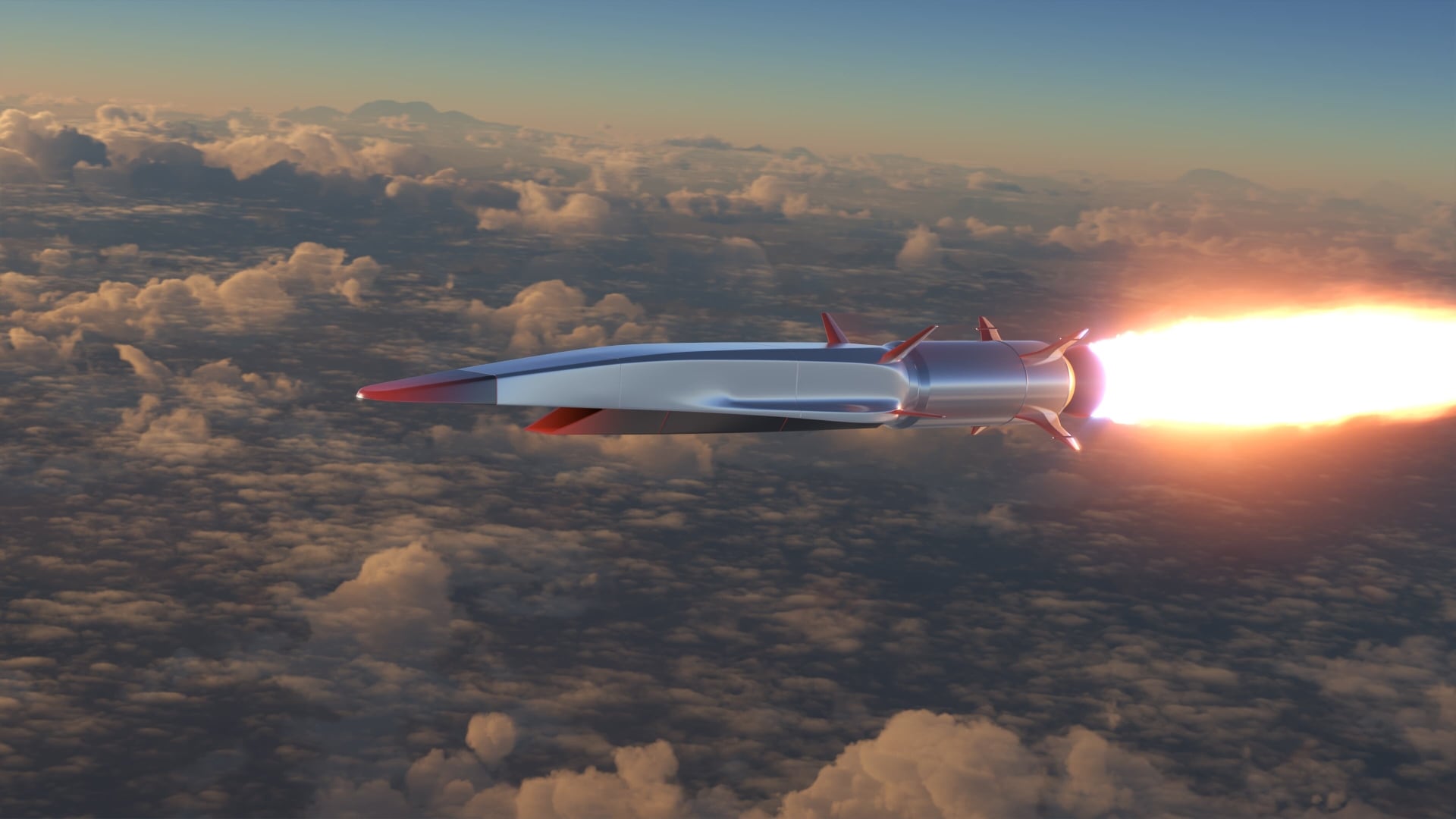LE BOURGET, France — The world arms market goes through business cycles and the present outlook is stability over the next two to three years, Dmitry Shugaev, head of the Federal Service for Military-Technical Cooperation, Russia's arms trade agency, said June 20 at the Paris Air Show.
The FSMTC "does not see an upsurge," he told reporters at the trade show, which entered its second day. Shugaev communicated with an interpreter, but it was clear he understood spoken English.
Foreign sales of aircraft account for 40 to 50 percent of Russian weapons, of which 35 percent are land systems, including ground-based missile defense, and 15 percent naval systems, he said. That split was based on annual Russian arms exports of an estimated $15 billion.
Click here to get full coverage from the Paris Air Show.
Russia seeks long-term relations with client nations, which no longer buy arms off the shelf but wish to work on technological development and local production, he said. Moscow was ready "to make a better offer."
Work with India on the BrahMos cruise missile was an example of that cooperative approach. "We're flexible; we're ready to cooperate," he said. The "price/quality ratio" of Russian weapons was high.
In Afghanistan, American pilots have flown Russian military helicopters and found them good, he said.
Vietnam is a strategic partner with Russia, which has cooperated over a long period, and Shugaev said he was "optimistic" for continued cooperation.
Last year, President Barack Obama announced a lifting of the U.S. arms embargo against Vietnam when he visited the southeast Asian nation in May. That easing of a critical trade restriction was welcomed by Vietnamese President Tran Dai Quang, who called it a normalizing of relations between Hanoi and Washington.
China and India are also strategic partners of Russia, Shugaev said, and Moscow would continue to cooperate on developing weapons technology. Russia also has close business ties in the Middle East, including the United Arab Emirates.
The Western embargo against Russia was contrary to a free market and ran counter to principles of the World Trade Organization, he said. Those sanctions, adopted in response to Russia’s seizing the Crimean region in 2014, have prompted Russian firms to turn to domestic suppliers and were unlikely to buy from former European partners when trade was one day normalized, he said.
There is a real "optimism" that Russia’s share of defense sales will remain high, he said.








